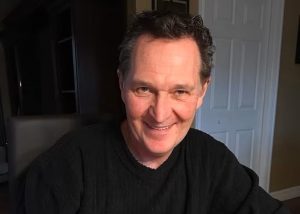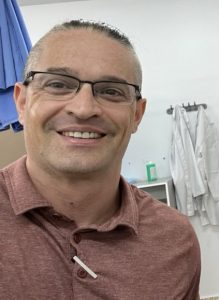More than 750 unmarked graves have been found near a former Catholic boarding school for indigenous children in western Canada, a tribal leader said Thursday, the second such shock discovery in a month.
The revelation once again cast a spotlight on a dark chapter in Canada’s history, and revived calls on the Pope and the church to apologize for the abuse and violence suffered at the schools, where students were forcibly assimilated into the country’s dominant culture.
Also read: Trump’s ex-lawyer Rudy Giuliani suspended from practising law in New York
“As of yesterday, we have hit 751 unmarked graves” at the site of the former Marieval boarding school in Saskatchewan province, Cowessess First Nation Chief Cadmus Delorme told reporters. “This is not a mass grave site. These are unmarked graves.”
He said that the graves may at one time have been marked, but “Catholic Church representatives removed these headstones,” adding that doing so is a crime in Canada and they were treating the gravesites “as a crime scene.”
Federation of Sovereign Indigenous Nations Chief Bobby Cameron described the finding as “a crime against humanity.”
“The world is watching Canada as we unearth the findings of genocide,” he said.
Also read: Canada’s Justin Trudeau survives vote of no confidence
“We had concentration camps here… Canada will be known as the nation that tried to exterminate the First Nations.”
Excavations at the Marieval school, about 150 kilometers (90 miles) east of the provincial capital Regina, began at the end of May, after the discovery of the remains of 215 schoolchildren at another former indigenous residential school in British Columbia.
After the discovery of the remains at the Kamloops school, excavations were undertaken near several former institutions for indigenous children across Canada, with the assistance of government authorities.
Some 150,000 Native American, Metis and Inuit children were forcibly recruited until the 1990s in 139 of these residential schools across Canada, where they were isolated from their families, their language and their culture.
Also read: 3 Denmark fans infected with Delta variant at Euro 2020 game
Many were subjected to ill-treatment and sexual abuse, and more than 4,000 died in the schools, according to a commission of inquiry that concluded Canada had committed “cultural genocide” against the indigenous communities.
Perry Bellegarde, national chief of the Assembly of First Nations, said the discovery of the Saskatchewan site was “absolutely tragic, but not surprising.”
“I urge all Canadians to stand with First Nations in this extremely difficult and emotional time,” Bellegarde said.
The Marieval residential school in eastern Saskatchewan hosted indigenous children between 1899 and 1997 before being demolished and replaced by a day school.
One former student, Barry Kennedy, told the broadcaster CBC he was shocked by the news but not surprised.
“During my time at Marieval Indian Residential School, I had a young friend that was dragged off one night screaming,” he said, adding that he never saw the child again.
“His name was Bryan… I want to know where Bryan is,” Kennedy said.
He described a history of violence at the school.
“We were introduced to rape. We were introduced to violent beatings. We were introduced to things that weren’t normal with our families,” he said.
And he said he imagined that the graves found so far were just the tip of the iceberg: “By the stories that… were told by our friends and fellow students, there are multiple locations, you know, per school.”
Many Aboriginal community leaders expect more grisly discoveries in the coming months. Searches have already turned up possible unmarked burial sites in Ontario and Manitoba provinces.
“We will find more bodies and we will not stop till we find all of our children,” Cameron said at the press conference.
“We all must put down our ignorance and accidental racism at not addressing the truth that this country has with indigenous people,” said Delorme.
“This country must stand by us.”
In early June, a few days after the discovery of the bones in Kamloops, UN human rights experts urged Ottawa and the Vatican to conduct a full and prompt investigation into the discovery.






